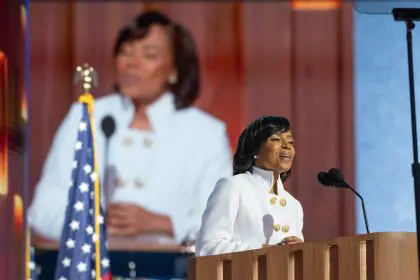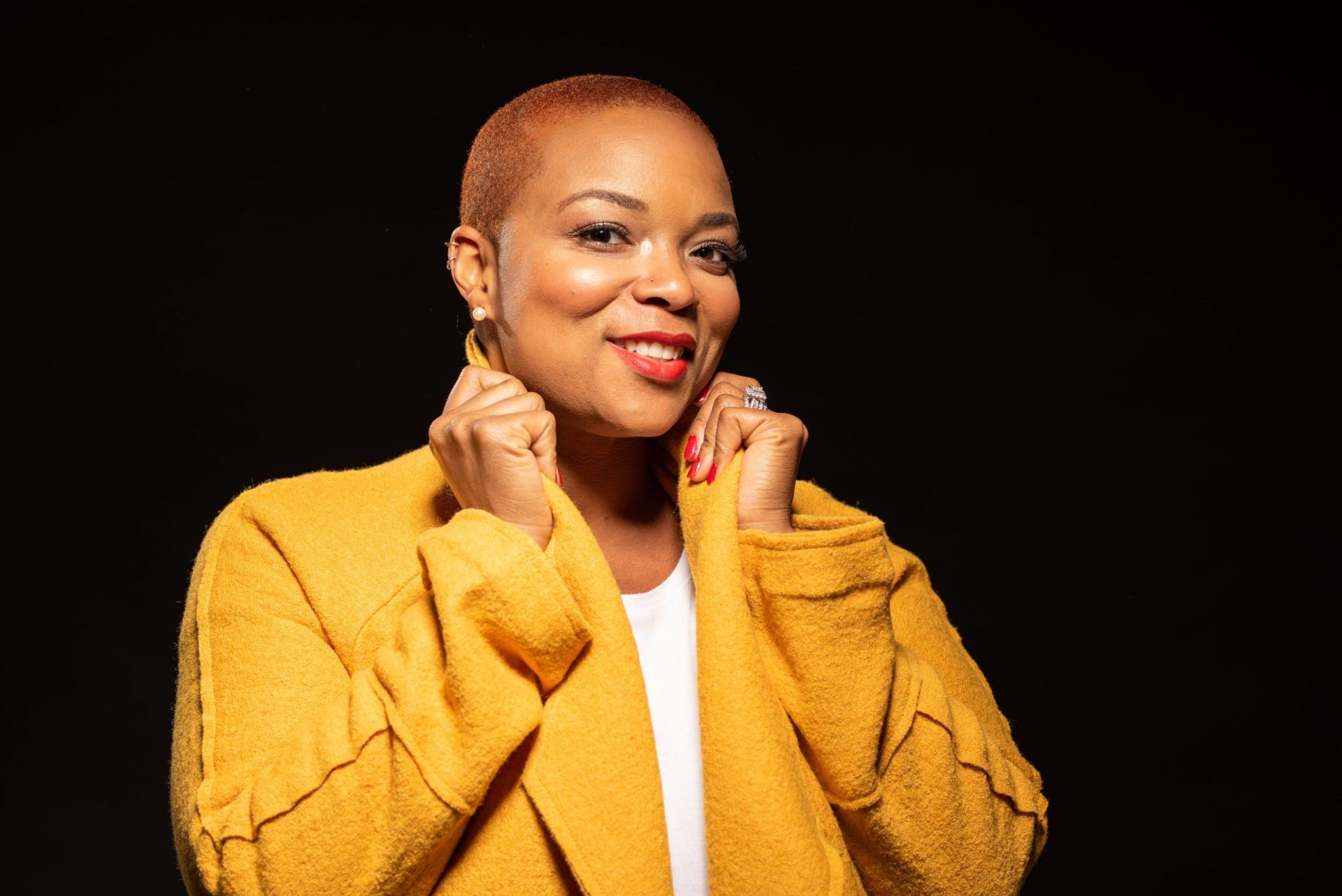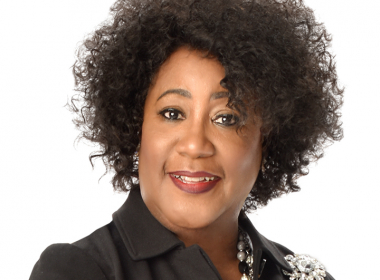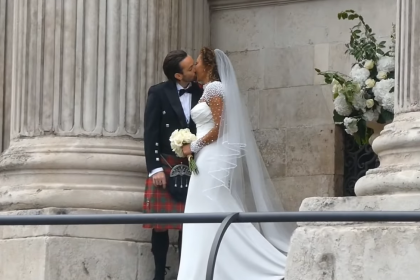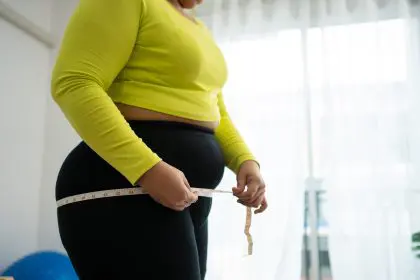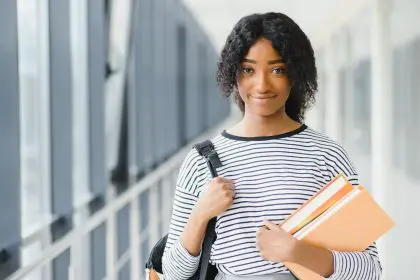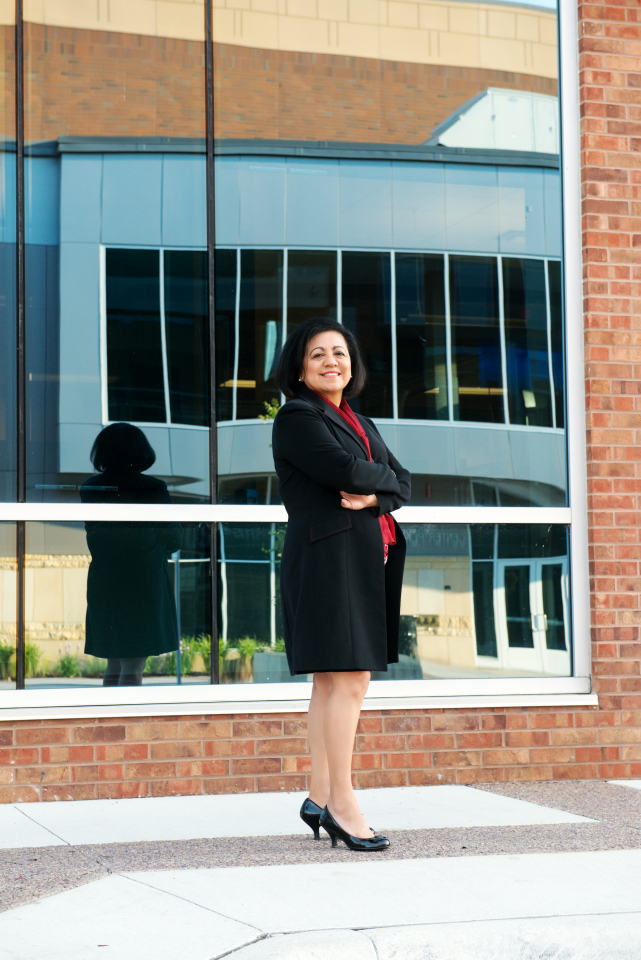
Elia Dimayuga-Bruggeman is the special assistant to the commissioner for the Minnesota Department of Education. Prior, the mother of three worked as a Spanish teacher and as an ESL teacher before pursuing her master’s in Spanish literature and culture. She received her superintendent’s degree and her K-12 principal licensure. She worked as the dean of students and a high school principal at Sleepy Eye Public Schools in Minnesota. Dimayuga-Bruggeman was the academic dean of Shattuck-St. Mary’s private school and the director of Educational Services of the Northwest Suburban School District.
Here, she shares her perspective on diversity and inclusion and decisions she’s made that impacted her career path.
Please describe your role as a special assistant commissioner of education.
As a special assistant to the commissioner, I work in collaboration with the Minnesota Department of Education (MDE) team on special projects, such as programs under ESSA (Every Student Succeeds Act) on Educator Quality and Equity in Access, as well as growing teacher diversity in Minnesota so that school districts and charter schools create equitable access plans to ensure low-income, students of color, and American Indian students are not disproportionately taught by inexperienced, ineffective or out-of-field teachers. In addition, improving student access to teachers of color and American Indian teachers in Minnesota schools, as well as other projects and collaboration requested by the Commissioner.
How important is diversity and inclusion as it relates to education in Minnesota, especially in the Twin Cities?
Diversity and inclusion is a top priority in Minnesota. Demographics in the state of Minnesota are changing, and diversity and inclusion is at the center of conversation for many organizations, businesses, non-profits, education entities, etc. as we prepare students for the world’s best workforce. Many organizations in the Twin Cities, including MDE, are leading this work. Data is being gathered with input by youth voices (work done by the YMCA- Twin Cities). The Minnesota Education Equity Partnership is another organization assisting in developing equity actions plans for communities. Other nonprofits such as Project SUCCESS assist in the area of college and career readiness for students of color and poverty, etc. We at MDE demand inclusion of all students in the public school system, and demand accountability for the outcomes of each student group. Businesses are providing input on what is needed for the future workforce.
In what ways is the Department of Education (MDE) working to implement inclusiveness?
All students must have educational access and opportunities to develop to their fullest potential. Equity is at the center of the work at the Minnesota Department of Education. Partnership and collaboration (whether internal or external) on decision making regarding diversity, inclusion, and equity for Minnesota students is at the center of the conversation and decision making.
This month, we are celebrating Women’s History Month. What is the best career decision you have made, and how has that impacted your career path?
My first career choice was to become an attorney; however, after working as a paraprofessional in a school with a large percentage of Latino students, I realized that I was needed in education. I became a teacher and the feeling of isolation by being the only teacher of color in the school encouraged me to go into school administration to make decisions on programming and hiring on behalf of students, especially for our most vulnerable students of color–students in poverty, immigrants, English Learners and students involved in migrant education.
Describe why lifelong learning is important to you? For young girls of color?
I believe we are always learning. Education opens the door for us, but we continue to build on our work and life experiences. We assess and reassess our decisions and pathways—whatever we set up to do in life. Nowadays, globalization is very important to me and feel that I still have much to learn about our multiethnic, multilingual and multicultural world in order to be prepared for global competence, even though I am bilingual, Latina–I am a person of color.
Young people of color are an asset in our communities as well as an asset for any city, state, or nation. Young girls of color are part of society’s future workforce, they are our future leaders and we need to invest in them. They represent a part of diversity leaders that makes systems successful.
Can you describe a time when you received support from other women? How did they specifically give you that support?
While attending college, I was already married. The encouragement to continue my education from family and especially women of color was immense; the help I received to take care of my children so I could attend college. Other support through tutoring since English is my second language, mentoring in education as a teacher and administrator, and reassurance to do what I believe in. I must say that I also enjoy giving back to my community and assisting others, especially women of color, in the area of mentoring, leadership development, etc.
What advice would you give to aspiring young women pursuing their career?
We are competing in a world economy; be prepared for world-wide jobs. Cultural and global competence needs to be part of who you are. Keep reaching for your goals, finish your education and always remember your background and your roots. Get involved in your community in advancing equity and inclusion to bridge gaps for others in areas of education, civic engagement, international knowledge, etc. in order to integrate the needs of women—especially women of color.
If you could change one thing about the world, what would it be?
Safety, peace, and cultural understanding. However, changing things in the United States to improve education and mindsets would be great–to prepare our students for a multiethnic, multicultural, and multilingual world and close gaps that exists in various sectors as well as improving cultural competence among people of color and other citizens.
How do you personally implement Minnesota’s Department of Education’s mission, “Leading for educational excellence and equity. Every day for everyone”?
Personally, I cannot do the work alone—nor can the Minnesota Department of Education. I must work with others and seek partnerships with various stakeholders in the state to promote educational excellence for every Minnesota student, promote diversity and cultural understanding so that our future workers (students), can be prepared for life, college and career readiness. Implementing equity in a systemic approach is my goal.
Educational excellence, equity and opportunity can be accomplished in the Twin Cities by working and collaborating together with stakeholders in order to implement systemic plans to benefit and provide access to every citizen in our communities.
Being involved with my community is important to me because I can collaborate and provide input, support, knowledge, ideas, and experiences to improve access to the plans and goals of the organizations in the community.
Without my family I will not be where I am today in my career and life. The support of my husband raising our children, and reinforcement to do what I believe in. The encouragement of my children to reach for my goals at this stage of my life is also key for my success. The support of my extended family throughout my life, and close friends telling me that I can still accomplish much to move education equity for students of color–even if it is one student at a time–motivates me.

